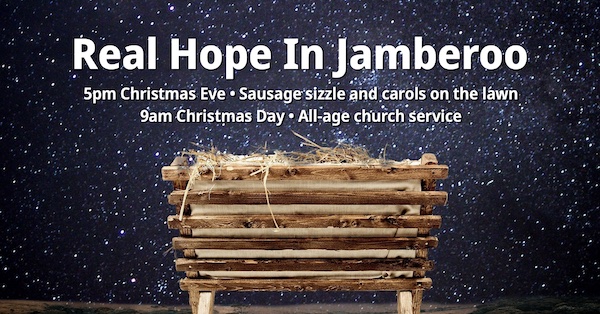No place like home

When you ask someone to share a coffee or a meal, then the next question is often, “which cafe should we go to?”
These days we tend to ‘eat out’ much more than we invite people to our homes, which is a sign of our increased wealth and our changing lifestyle.
Yet, there is something very special about enjoying food and fellowship with someone in your home, as you get to share an intimacy and vulnerability that comes from letting others see what your life is really like, and vice versa.
The Old Testament people of God knew about the intensity of the fellowship of a meal, and that’s why they were forbidden from sharing a meal with a non-Jew; it was such a powerful moment of fellowship that dining with an unclean person could make someone unholy.
This is what made Jesus’ behaviour so controversial, for he invited, “disreputable sinners,” to eat with him in homes, which lead the teachers of religious law to ask his disciples, “Why does your teacher eat with such scum?” (Matthew 9:11)
This is why that contemporary experts in evangelism encourage Christians to use meals as a platform to help people know how good it is to follow Jesus, especially now that we live in such a ‘post Christian’ world.
That’s why our small group leaders are now discussing whether it’s possible to turn our ‘growth groups’ into ‘home groups,’ so that we might start our times of Bible study and prayer with a meal around someone’s dining table each time.
What better way to help people in our village, valley, and region to know how to follow Jesus and why it matters, than to use our home groups as a hub for relational evangelism?
What do you think: could your growth group work better with a meal in a home?
JODIE McNEILL









